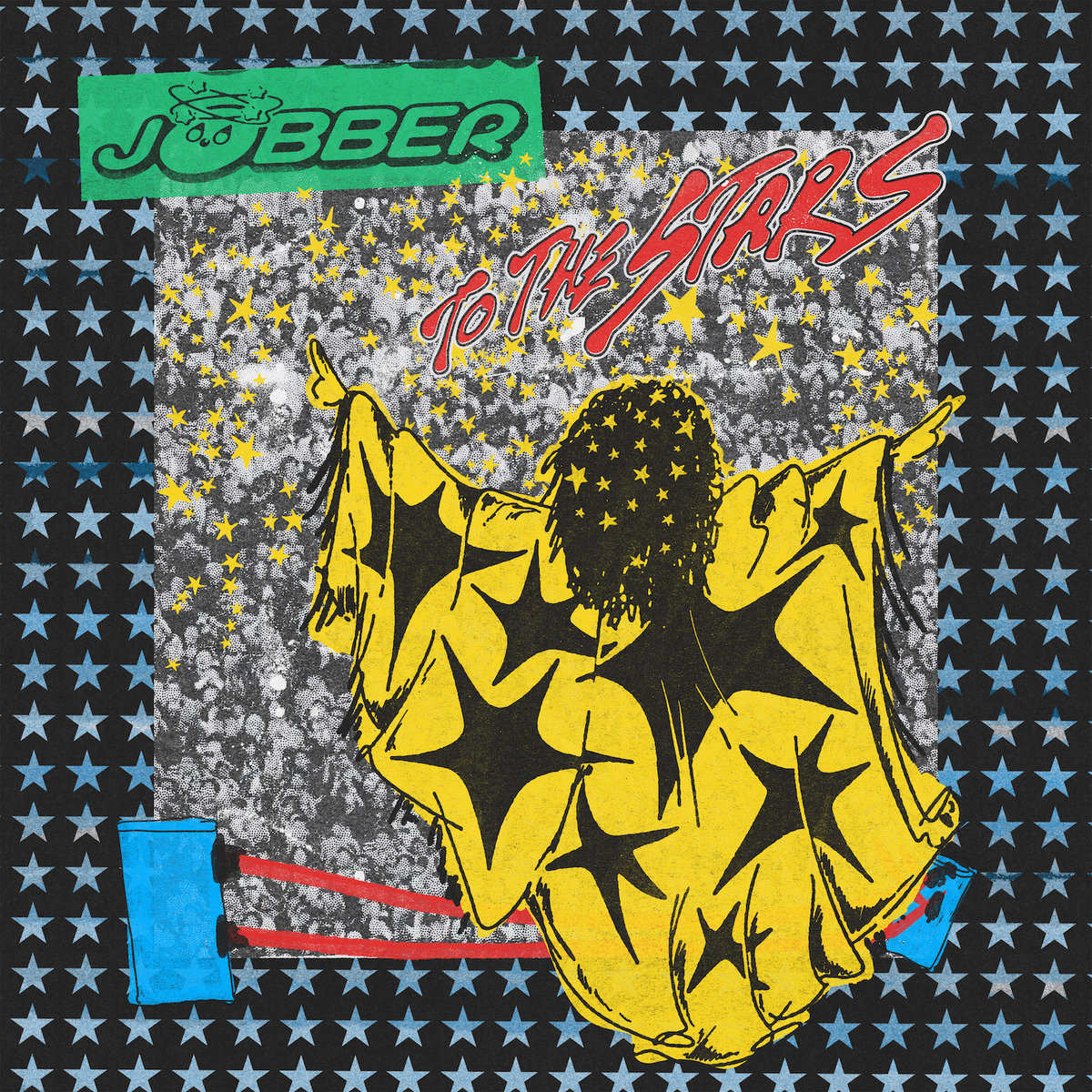Bacchae – Next Time | Album Review
/Get Better Records
The Trader Joe’s near my job lost their effort to unionize last year. It was a tied vote, which legally counts as a loss for those attempting to consolidate worker power. The employees reported consistent union-busting tactics, including tried and true lies about losing beneficial aspects of the job if the union comes into place. All the time and energy people put into collectivizing their place of employment was gone just like that. I had talked with a worker there multiple times about the effort, and the defeat in their voice when they told me it ended in a tie was crushing.
What do you do when the momentum fueling change is cut short? Working-class people have to balance their time between working shit jobs to earn a living, running tedious errands like grocery shopping and laundry, and engaging with pastimes that make living worthwhile. So it is understandable that, when attempts to improve our conditions are shut down, we retrench and hold on to the small comforts we have in the status quo.
This position is where we find Bacchae on Next Time, their first record since 2020’s stunning Pleasure Vision. The band sounds paralyzed over worldly and deeply personal attempts to improve their conditions. Next Time is the sound of knowing the world is fucked and feeling powerless to make any change.
Bacchae illustrates the dehumanization of wage workers, like my local Trader Joe’s team, on lead single “Cooler Talk,” in which Katie McD sings about how “they treat us like dogs / in a comfortable cage.” When McD sings this, I’m reminded of the Hotelier’s controversial ballad “Housebroken,” which uses an abused dog as a metaphor for those who buy into the status quo. Sure, we may have a comfortable cage and a constant supply of new toys, but that’s only to distract us from the fact that barely scraping by isn’t the life we deserve. No matter how much we buy into the system, McD reminds us that “our degradation is priceless / it keeps it all afloat.” Our captors have no interest in improving our actual conditions, but they’re willing to throw us a bone whenever we get a little too restless.
Next Time is full of tracks grappling with labor exploitation, but while “Cooler Talk” is fit for the crowd at the barricade to finger-point over each others’ heads as they scream along to cries of “run me raw,” Bacchae throw in fun curveballs with tracks like the astoundingly catchy “Dead Man.” The syncopated rhythms and dancehall keys make the cautionary tale of dying at your desk even more haunting as bassist Rena Hagins sings with glee that “he wanted much more.” It’s as if she’s singing from the perspective of a manager laughing at someone for dreaming of a life outside of the company.
“Dead Man” is what happens when you’re lucky after buying into the system. You’re allowed to grow old in slight discomfort, but on the title track, McD makes clear that the opposite is equally possible: “Tomorrow you’ll be just the same / squealing like a popped balloon.” What is the point of buying into the status quo? It takes just as much hope to dream you’ll be on top someday as to envision a better world for everyone.
And that’s where the album opens on “Try,” McD sounds tired as she begs, and pleads, and kicks, and screams for a scarp of imagination in the chorus. Throughout the song, Andrew Breiner’s guitar playing scrapes and butts up against possibilities, putting on a face to try and make it through the day while the the drums and bass lock into the rhythms of everyday life.
While much of Next Time laments the state of the world, its best moments are when McD and the band turn their gaze toward personal relationships. “Feeling The Same” is the sound of what it felt like when I was younger and formed all-consuming crushes on girls with dreams of being loved despite my inability to form a coherent sentence because I was so afraid of rejection. McD seems to feel the same, “when I see you stare / I find myself looking down.” Love requires complete surrender, a willingness to show someone the part of yourself that makes you feel shame. The pre-chorus builds on the repetition of “Could I see myself in the heart of another?” before the chorus makes clear that “I’m so fucked up / I’m scared of love.”
That fear of hurt and rejection often keeps people in comfortable relationships, even with a partner that makes you feel worthless. What makes “New Jersey” such a reprieve is that McD is singing about escaping a collapsing relationship over the record's brightest, most anthemic melody. “New Jersey” is a joyous celebration of abandoning your fears and saying goodbye to someone who never defends you and always treats you as second best. I want to throw my fists up in celebration when McD calls her ex an asshole. You want to laugh along because, fuck it, you can just say goodbye and hope for better.
That same hope for better that illuminates McD’s exodus to “New Jersey” animates the mid-album cut “Just a Rat.” Over the danciest groove on the entire record, the gang envisions themselves as vermin, and it’s an apt comparison. To someone like Jeff Bezos, are we anything more than a rodent scrambling for the scraps that trickle down to us? When we’re running to the grocery store with a tight budget at the end of a paycheck, how different are we from the rat poking through the garbage? But as McD sings, those with power are scared of the rats, and we’ve got their house surrounded.
I hope the next time my Trader Joe’s attempts to unionize, they remember the advice Next Time offers. We can’t live in our fear when we have them surrounded.
Lillian Weber is a fake librarian in NYC. She writes about gender, music, and other inane thoughts on her substack, all my selves aligned. You can follow her burner account on Twitter @Lilymweber.










